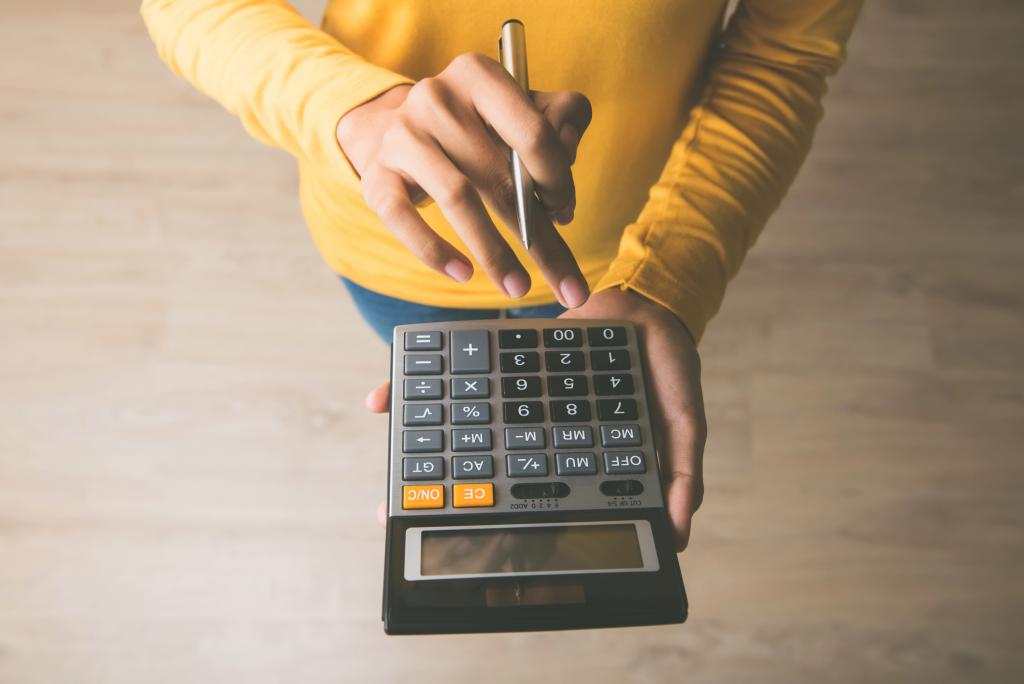
So what is an FDR? The FDR is the second Court hearing in matrimonial financial proceedings. It is short for Financial Dispute Resolution hearing.
At this stage, you and your spouse or partner should have all of the financial information you need to feel comfortable reaching a settlement and many cases, if not most, do settle at this stage. The purpose of the FDR hearing is to encourage discussion and negotiation between you and your spouse or partner. It is important to consider this hearing as an opportunity to settle as reaching a resolution at this stage could save considerable further expense compared to if matters need to proceed to a Final Hearing.
So what happens at an FDR?
Each party will meet with their barrister (and, sometimes, solicitor) an hour or so before the hearing is scheduled to take place. This gives you the opportunity to discuss the outcome you would like to achieve and discuss anything that may be causing you concern. The barrister will ask you questions to understand the range of settlements you would be prepared to accept so that they know the frame within which they can negotiate on your behalf.
At this stage, it is usual for both parties’ barristers to discuss matters to understand the other party’s position and to gauge their appetite for settlement.
What about the hearing?
During the hearing, the Judge will generally give an indication as to which elements of each party’s position they prefer and the decision they would make if the matter was at Final Hearing stage. The Judge does not hear evidence at this hearing, and you will not need to give any oral evidence. The Judge will advise both parties of the importance of reaching a settlement at this stage due to the cost implications of attending a Final Hearing – this can be particularly helpful if your spouse or partner has not engaged in reasonable negotiations thus far.
The FDR hearing is “without prejudice” to either spouse or partner’s position at any Final Hearing. This means that if matters cannot be agreed, the Judge who hears the FDR is not permitted to be the Final Hearing Judge. The Judge at the Final Hearing will therefore not know of any concessions you may have made in the hope of settling at the FDR.
If there are any remaining areas of disagreement at the FDR, further directions can be made and incorporated into a court order showing what further evidence is needed before the Judge can make a final decision. A Final Hearing date will also be set. A solicitor can advise you in advance of the FDR on whether any further information is required to understand the full financial picture and you should not worry if you feel that you need more information before you can reach a settlement with your spouse or partner.
Can we continue to negotiate after the hearing?
Absolutely! Both parties will be actively encouraged by the Judge, and hopefully their legal representatives, to negotiate and reach a mutually satisfactory agreement on the day. Although most FDRs are only listed for an hour, you should expect to spend the whole day at Court if negotiations go well.
If an agreement is reached at FDR, whenever possible the barristers will seek to finalise a draft order on the day and ask the Judge to approve it.
Equally, if matters have not settled at FDR this does not mean that you cannot continue to negotiate. There is often several months between the FDR and the Final Hearing and this allows time for valuable discussion and negotiations to see if matters could still be resolved outside of Court.
If you have any further queries regarding Financial Dispute Resolution, please contact our Family Law team.
